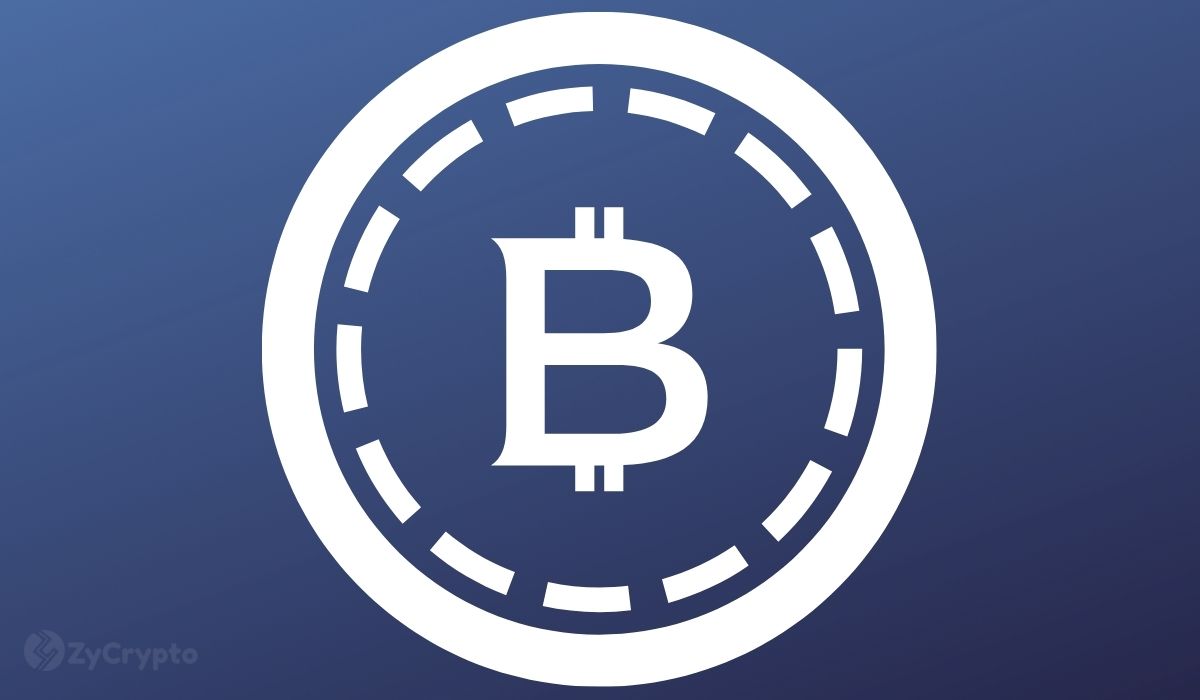ARTICLE AD BOX
Rome Protocol has secured $9 million in a funding round to integrate modular services from the Solana network into Ethereum’s ecosystem.
The protocol stated that its funding round included several notable investors like Hack VC, Polygon Ventures, HashKey, Portal Ventures, Bankless Ventures, Robot VC, LBank, Anagram, TRGC and Perridon Ventures.
The round also included notable angel investors, such as Solana’s Anatoly Yakovenko and Austin Federa. Other investors included Nick White, Santiago Santos, Comfy Capital, and Jason Yanowitz.
Rome protocol
According to the protocol, the platform would be designed to integrate Solana’s capabilities into services on Ethereum.
This approach will allow Ethereum-based rollups to use Solana as a shared sequencer, thereby confirming transactions faster, enhancing privacy and scalability, and reducing blockchain costs.
Rome Protocol pointed out that Ethereum’s isolated sequencer feature raises concerns about liquidity fragmentation, weakest link security, and interoperability on the network’s rollup-centric roadmap. Due to this, many rollups rely on centralized sequencers, which risk censorship, limited visibility, and critical downtime.
To solve these challenges, Rome Protocol will enable rollups to use Solana’s existing validators as shared sequencers for transactions, state maintenance, and transaction publication. This approach aims to turn Solana’s 50,000+ transactions-per-second (TPS) capacity into infrastructure for Ethereum rollups. It also ensures atomic composability with transactions confirmed on Solana before submission to Ethereum.
Rome Protocol will allow developers to focus on their applications rather than building new cross-chain interoperability infrastructure. Ethereum developers canuseg familiar technologies like OP Stack for execution and state maintenance.
Shared sequencer architecture
The proposed shared sequencer architecture includes the Rhea, Remus, Romulus, and Hercules features.
Rhea will ensure fair sequencing and submission to Solana, while Remus will enhance atomic transactions across rollups.
According to the protocol:
“Rhea enables fair and blind sequencing of rollup transactions. All transactions are treated equally and processed on a first-come, first-served basis. Remus enables atomic execution of cross-rollup transactions as a premium service.”
Romulus will facilitate atomic transactions across Solana and various rollups, while Hercules will accept ordered transaction blocks from Solana.
The post Rome Protocol secures $9 million to bring Solana capabilities to Ethereum Layer-2 appeared first on CryptoSlate.
.png)
 1 year ago
18
1 year ago
18








 English (US)
English (US)